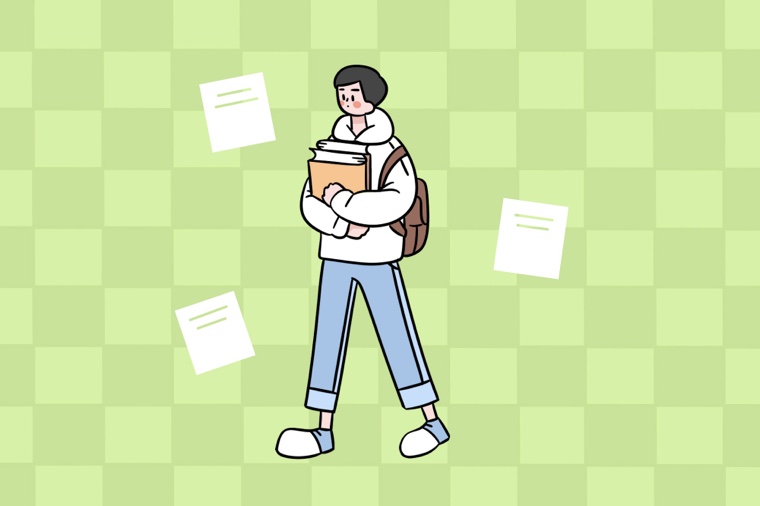请选择
trouble的用法:trouble主要用作动词和名词,用作动词时的意思是“麻烦;使烦恼;折磨;费心;烦恼”,用作名词时的意思是“麻烦;烦恼;故障;动乱”,可用作可数名词,复数形式是troubles。

trouble的用法
1、"trouble" 作为名词时指的是问题、困难或不便。
例如,"I'm having trouble with my car." (我的车有问题)
2、"trouble" 作为名词时也可以指的是处于困难或危险境地的状态。
例如,"He's in a lot of trouble with the law." (他有很大麻烦)
3、"trouble" 作为动词时意味着造成问题、困难或不便。
例如,"I don't want to trouble you, but can you help me with this?" (我不想麻烦你,但你能帮我吗?)
4、"trouble"作为动词时也意味着做出努力,花时间和精力去做某事。
例如,"I'll trouble you to pass the salt." (我会麻烦你把盐递给我)
trouble造句有哪些
1、For News Corp., it's the reason the trouble is far from over.
对于新闻集团来说,这也是其麻烦不断的症结所在。
2、I thank you for all the trouble you have taken in my behalf
谢谢你为我费了这么多的心。
3、There was no more trouble among the people.
民间不再有更多的纠纷。
4、I am having some trouble in locking the attachment. Please help.
我有一些麻烦在锁附件。请帮助。
5、The car trouble delayed our journey so we had to change our plan.
汽车的毛病耽搁了我们的行程,因此我得不改变计划。
6、The trouble is that we is short of hand.
困难是我们缺少人手。
7、He was in trouble with his teachers.
他受到了他的老师们的训斥。
8、About 77% had trouble falling asleep; others had daytime sleepiness.
大约77%的人有入睡困难的问题,而其余的则在白天打瞌睡。
9、After seeing your chain and sprocket issues, it doesn't seem like any trouble at all!
在看到自己的链和链轮的问题,似乎并不像任何麻烦!
10、You may save yourself the trouble of making dinner for me.
你不必麻烦为我做晚饭了。